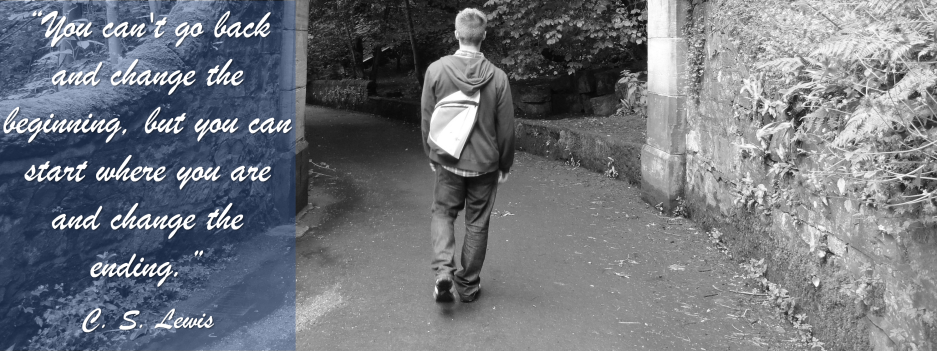Header image credit: me // Featured image credit: Helena Lopes (freely available via Unsplash)
While on a lovely walk this afternoon with some friends around a local lake, we were rather rudely interrupted by a lady’s asking us if we were signed up for a rally.
The curtness of my immediate, “No” in response caught even me by surprise, and I’ll admit that it was perhaps too brusque. However, as I continued to ponder over this brief exchange throughout the day, I began to feel more convinced that my response corresponded appropriately to the disruptiveness of her interruption. And I began to realize why it was so off-putting.
Continue reading









